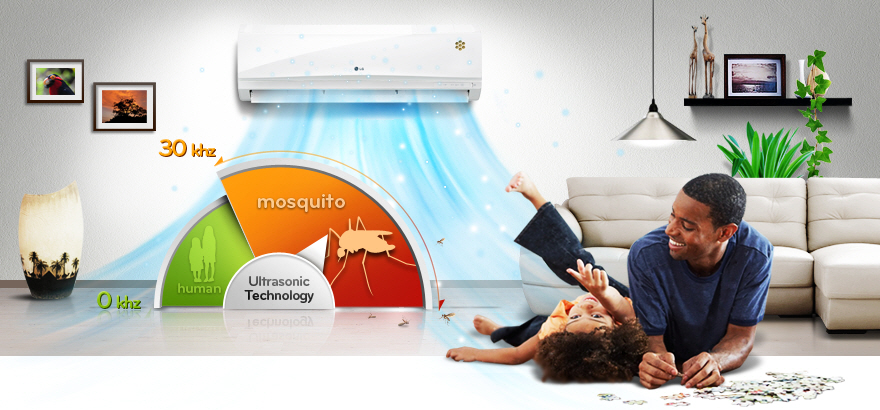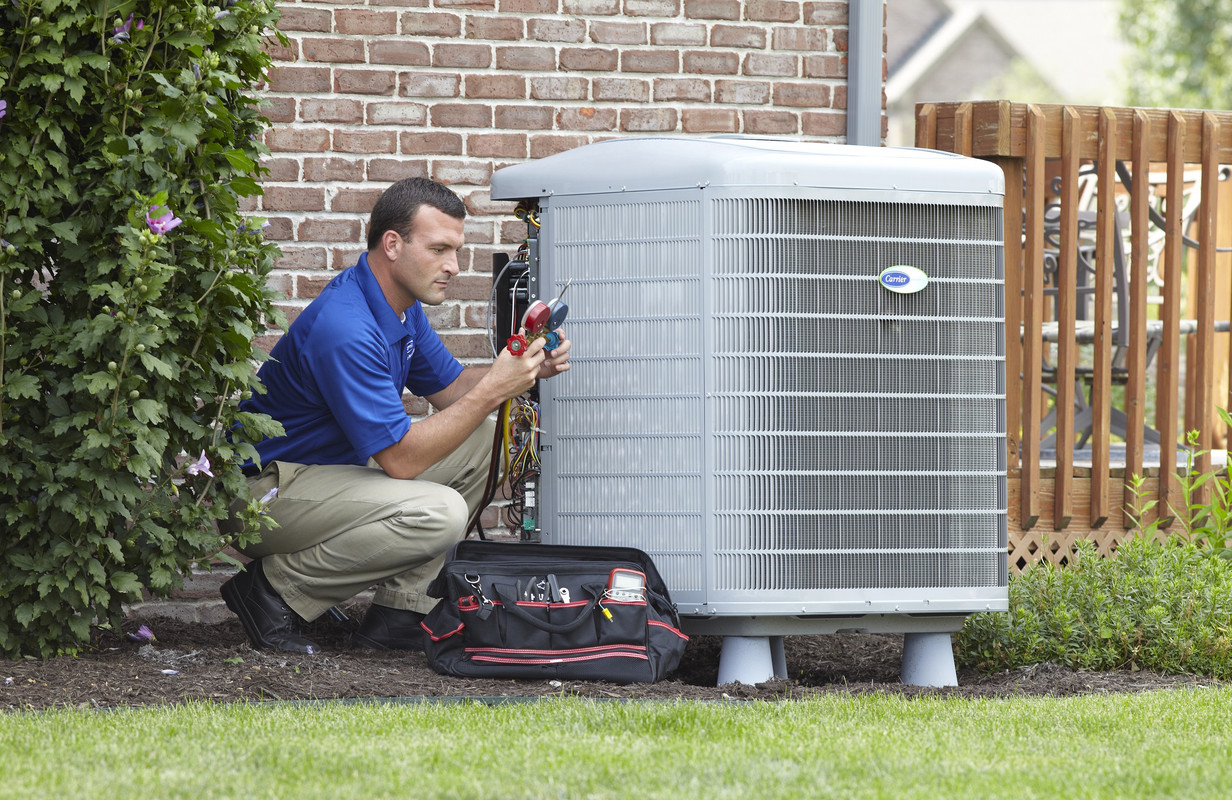
There is a certain risk on replacing a gas furnace prior to it dies, however it can make sense in particular situations.
With all the Government stipends and tax credits available for buying a high-efficiency heating system, it would seem like this is the right time to buy an upgrade. Given that holds true if your heating system is approaching the end of its life process at 15-20 years of age however what if the HVAC unit is working perfectly? There's a definite slippery slope on changing a gas heating system prior to it passes away out but here's our attempt to answer those questions:
Heating Doesn't Mean Working ... Technically.
Just because a heating system kicks on and gushes out warm out doesn't suggest it's technically working peacefully. After all the thermostat might be cranked approximately 30 ° just to get the gas heating system to cycle on, and it may be operating more typically than it must be. You may find that some rooms are barely getting any heat compared to the rest of the home, and your gas expenses are most likely sky high. Older or malfunctioning gas heating systems are likely operating someplace around the 55-60% performance location whereas a brand-new system might run at 85-90% or more.
What Are the Costs?
Have your heating bills looked fairly constant over the past decade? Have the variety of call to the A/C business beyond routine annual evaluations been pretty infrequent? If the answer is yes to both question, you are most likely much better off sticking with your existing heating system.
On the other hand, the number of parts have you changed in the past three years? Have you seen a significant spike in your yearly gas bill outside rate hikes? If the answer to both of these questions is yes, and it seems like duct tape and thumb tacks are holding your heater together, then it's most likely best air conditioning edmonton simply to cut ties and upgrade. You will likely be conserving money from the first day.
New Gas Furnaces Are Nicer.
The contemporary technologies in a gas furnace make them a convenience to own, outside the lower utility rates. For example, variable speed blowers keep the temperature level at a constant level, and there are fewer cycle times. Plus, newer systems are quieter compared to old models, and you'll delight in spending less regular monthly after the preliminary set up.
If You Do Replace ...
One of the biggest downfalls in getting rid of a gas heating system is its effect on the environment and particularly garbage dumps. If you understand of a HEATING AND COOLING professional in your community, see if they'll help you with a sideline to take down the gas heating system into as lots of pieces as possible.
The reason you'll want a professional is to get rid of all the unsafe fuel and electrical connections. Plus, a HVAC service technician may be able to save any parts that are in excellent condition so a minimum of a part of your heater can live on-- sort of like an organ donor program. A gas heating system in parts is much easier to dispose of, but you should still consult local authorities on the appropriate way to get rid of the old system as some require a hazardous product disposal.
You might shed a tear as your old furnace makes its exit however know it's in a better place ... as is your wallet.


